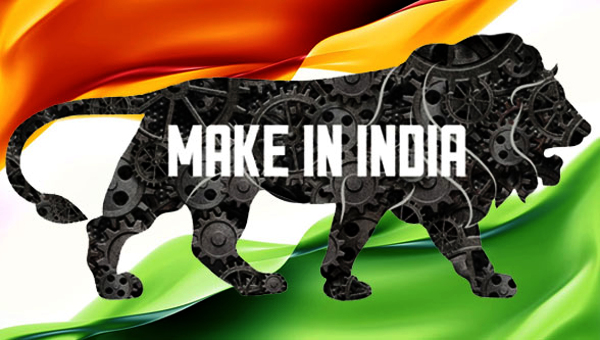As a first major step towards “Atmanirbharta” or self-reliance, the defence ministry has approached the Union Cabinet to green light setting up of an independent nodal umbrella body to meet the wide-ranging testing and certification requirements of weapon systems developed and manufactured by the Indian private sector.
While the independent testing and certification body was envisaged in the Union Budget this year, the move is a huge step towards decoupling the Indian private defence sector industry from the clutches of the humongous veto exercising military bureaucracy on the Raisina Hill. By painting private firms as mere profiteers, the Indian military industrial complex has been at the mercy of these mandarins.
The new independent authority will ensure that the private sector is not at the mercy of the government’s laboratories and testing ranges for getting their equipment approved for domestic sales as well as exports. With 68% of the defence capital procurement budget earmarked for domestic industry in the coming financial year, it is time that the private sector started manufacturing high end products such as armed drones, autonomous combat vehicles, aircraft engines and submarines by setting up SPVs with western defence majors who are willing to set up shop in India.
The emphasis on self-reliance, repeatedly stressed by Prime Minister Narendra Modi, especially in the context of defence equipment is all the more relevant now. The Russia-Ukraine war and the ensuing sanctions by the West on the former reveal that the Indian private sector will have to hit the ground running with countries around the world placing a premium on self-reliance in military hardware. With the possibility of Russia being bogged down in Ukraine increasing by the day, India’s requirement of spares and ammunition for Russian-origin weapon systems runs the risk of disruptions in supply chains as Moscow’s priority will be its war. And last-minute replacements or acquisitions will cost a packet.
Self-reliance is crucial for a country that has legitimate ambitions to be part of the global high table, but the creation of a nodal body of testing and certification is unlikely to herald a new era in the Indian defence sector unless other changes are made. It has to be accompanied by strong reforms in departments under defence minister Rajnath Singh as the military establishment of India is like a mammoth that is steeped in imperial legacy and moves at its own will and pace. There is a need for total revamp of defence military planning and forecasting so that India develops latest technologies and futuristic weapon systems. It is a sobering thought that even a country like Turkey has developed Bayraktar TB2 armed drones in 2014 that were put to good use by the Armenians in 2020 Nagorno-Karabakh war and now the Ukrainians against Russian tanks, despite the huge military asymmetry between the two rivals. Armed drones, and simulators for Apache and Chinook helicopters are areas that the private sector could deliver. Post Ukraine, self-reliance is the only way to deal with an uncertain world.
You may also like
-
IAF Aircraft Set Course For Exercise Eastern Bridge VII At Oman
-
IAF Set To Host The Indian Defence Aviation Exposition-II At Jodhpur
-
Defence Secretary to co-chair 5th India-Philippines Joint Defence Cooperation Committee meeting in Manila
-
Simultaneous Launch Of ‘malpe And Mulki’, Fourth And Fifth Ships Of Asw Swc (Csl) Project
-
Aatmanirbharta in Defence: MoD signs Contract with HAL for 240 AL-31FP Aero Engines for Su-30MKI Aircraft
